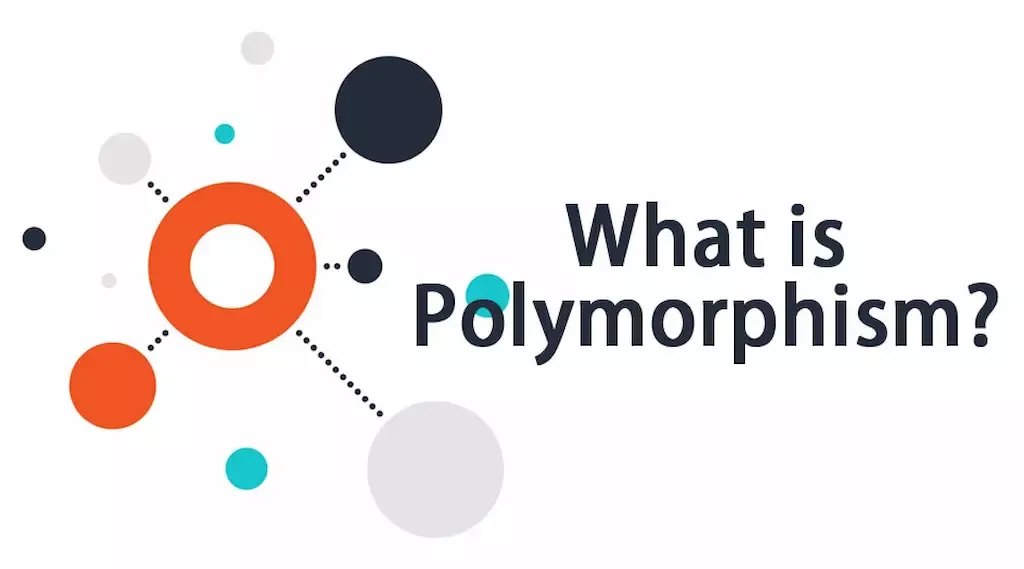
Exploring Polymorphism: Understanding Flexibility in Object-Oriented Programming

Polymorphism, derived from the Greek terms 'poly' (meaning many) and 'morphos' (meaning shapes)
Polymorphism, derived from the Greek terms "poly" (meaningmany) and "morphos" (meaningshapes), stands as an expression of flexibility within the area of Object-Oriented Programming (OOP) . It empowers developers to create adaptive, reusable, and scalable code structures, supporting a dynamic approach to software design.
Unveiling the Power of Polymorphism:At the heart of polymorphism lies the ability of different objects to exhibit different behaviors based on their specific implementations of methods inherited from a common superclass or interface. It allows for methods to be invoked on objects that belong to different classes, providing a common interface for various object types.
Leveraging Flexibility:As we go into the depths of polymorphism, we embark on a journey where a single method call can perform different behaviors based on the actual type of the object. This feature enables code reuse, simplifies complex systems, and supports modular architectures.
In Object-Oriented Programming (OOP), polymorphism manifests in numerous forms.
The main types of polymorphism are as follows:
-
Compile-time Polymorphism(Static Binding or Early Binding):
- Method Overloading:Method overloading lets you specify several methods in the same class with the same name but with different parameters. The compiler determines the method to invoke depending on the method signature or parameters at compile time.
-
Run-time Polymorphism(Dynamic Binding or Late Binding):
- Method Overriding:Method overriding occurs when a subclass provides a specific implementation of a method that is already specified in its superclass. The exact method to be invoked is determined at runtime based on the object's type.
- Interface Polymorphism:Interface polymorphism occurs through interfaces, when multiple classes implement the same interface yet give their own implementations for the interface methods. Objects of these classes can be referred to by the interface, allowing for flexibility and interchangeability.
Such types of polymorphism enable objects to show different behaviors depending on particular types or the context in which they are used, enhancing flexibility, code reuse, and maintainability in the development of software.

